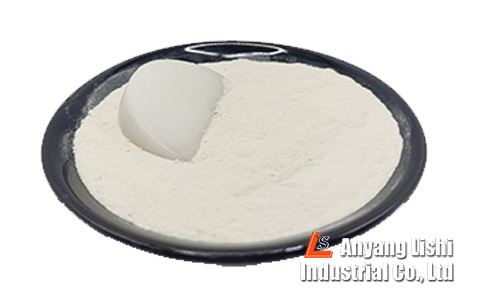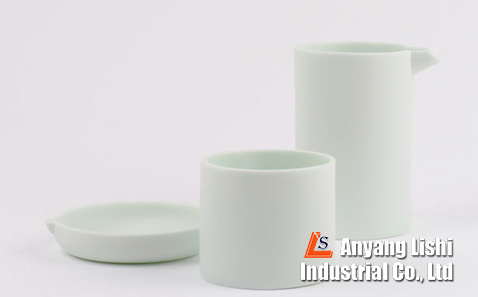
Sodium feldspar plays a pivotal role in the ceramic industry, offering a unique combination of properties that enhance the manufacturing process and the quality of the final products. As a key component in ceramic formulations, sodium feldspar, or Na-Feldspar, provides both physical and chemical benefits that make it an essential material for manufacturers around the globe.
Sodium feldspar belongs to the group of minerals known as feldspars, which constitute a significant portion of the Earth’s crust. Predominantly composed of sodium, aluminum, and silicate, this mineral is distinguished by its ability to flux, or melt, at lower temperatures, thereby facilitating the sintering or firing processes used in ceramic production. The unique characteristics of sodium feldspar, including its alkali content and high alumina composition, make it particularly beneficial in the creation of various ceramic products.

The primary function of sodium feldspar in ceramics is as a fluxing agent. In ceramic bodies, its addition helps to reduce the overall melting temperature of the mixture, allowing for faster and more energy-efficient firing cycles. This reduction in energy consumption is not only cost-effective but also environmentally beneficial, supporting the industry’s efforts toward sustainability.
Moreover, sodium feldspar imparts strength and durability to ceramic products. It enhances the toughness of ceramics, making them less prone to breakage and more resistant to chemical corrosion and wear. This is crucial for products like tiles, sanitaryware, and tableware, which must endure frequent use and exposure to various elements.
1. **Porcelain Tiles**: Sodium feldspar is extensively used in the production of porcelain tiles. It acts as a vitrifying agent, helping to develop the glassy phase that binds the tile’s components together during firing. This results in tiles that are not only aesthetically pleasing but also extremely durable and resistant to staining.
2. **Sanitary Ware**: The whiteness and translucency that sodium feldspar imparts are highly valued in the manufacture of sanitary ware. These properties ensure that products like toilets and basins not only perform well but also have an attractive, glossy finish that is easy to clean.
3. **Glazes and Enamels**: In glazes and enamels, sodium feldspar contributes to the ease of melting and the formation of a smooth, impervious surface. It is essential in achieving the desired aesthetic effects on ceramics and pottery, providing a range of finishes from matte to high gloss.

The inclusion of sodium feldspar in ceramic products significantly enhances their quality and performance. For example, it improves the thermal shock resistance of ceramics, allowing them to withstand sudden changes in temperature without cracking. This is especially important for cooking ware and outdoor tiles.
Additionally, sodium feldspar increases the hardness and scratch resistance of the ceramic surfaces. This extends the lifespan of the products and reduces their maintenance requirements, which is particularly advantageous in high-traffic areas.
The ceramic industry continually seeks ways to reduce its environmental impact, and sodium feldspar contributes to these efforts. By lowering the temperatures required for firing, it reduces the energy demand and the associated carbon emissions of ceramic production facilities. Furthermore, as natural resources are depleting, the efficient use of sodium feldspar helps optimize the use of materials, thereby contributing to more sustainable manufacturing practices.
Sodium feldspar remains a cornerstone of the ceramic industry due to its versatility, efficiency, and the substantial benefits it brings to ceramic products. Its role in reducing production costs, improving product quality, and promoting environmental sustainability is crucial as the industry moves forward. By continuing to leverage the unique properties of sodium feldspar, ceramic manufacturers can maintain high standards of production and meet the evolving demands of consumers worldwide. This enduring reliance not only underscores the importance of sodium feldspar in current applications but also points to its potential for future innovations in ceramic technology.

Whether you have questions or you would just like to say hello,Contact us!
Call Anytime:
+86 15837207537Send E-mail:
info@lsakminerals.comAddress:
Anyang City , Henan Province, China.